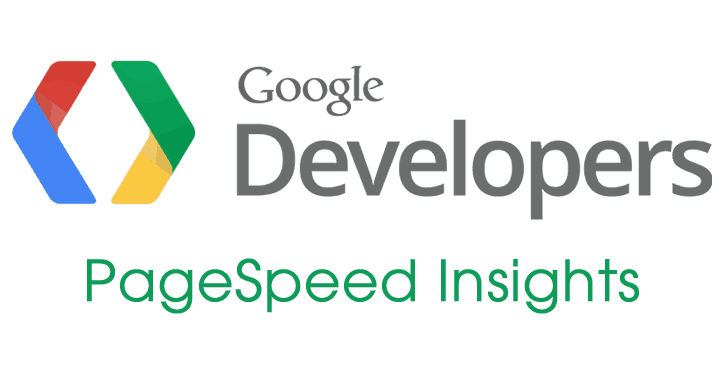The speed of a website loading is one of the keys to its success. Even though you have good content in the website but its lacking the speed, you are bound to lose potential customers as people are too busy these days and do not want to wait more than 5 seconds for a website to load. So, it is vital to have good Google Pagespeed score to do well in your business.
Before implementing any idea to enhance the page speed you should know what is the actual speed of your site which can be tested by a tool. Google Pagespeed Insights is a great tool to measure the speed of your website which also tells you what are the things to slow down the page speed and how to fix it up.
However, here are some tips following which you can obtain a great Google Pagespeed score.
Optimize images
Larger images take more time to upload so, you need to optimize them before uploading in the website. Various free tools are available that are able to compress the images up to 80% without impacting the quality of the images. Compressor.io, TinyPNG etc. are some of tools for that. You should ensure that the images should never be larger than what the visitors will be rendered to and the size of images should not be reduced using CSS or HTML.
Some plugins are also available that can resize the photos after they are uploaded. EWWW Image Optimizer is one such plugin to be used for that purpose.
Enable compression
This is the second most important criteria to enhance the loading speed of your website. While you can enable the GZIP compression at your own if you are technically expert, technical support team too can do this for you. Enabling compression will reduce the numbers of bytes sent over the network which will automatically boost up the page loading speed. GZip Ninja Speed Compression is a useful tool for that purpose.
Minify the Javascript and CSS
Minifying Javascript and CSS too are important to boost up the speed of your website loading. This process removes all the unnecessary white space, comments from the CSS and Javascript files and characters thus shrinking the file size of CSS and Javacscript. Sometimes the file size gets doubled due to all that unnecessary things and the website page loading speed is affected. Gulpjs, Autoptimize etc. are some of the plugins used in this purpose.
Employ CDN to obtain browser caching
Browser caching is highly needed when you are in a mission to speed up the website loading. CDN or content delivery network is the best solution to that. This is a network of servers spread over all around the world. This CDN can cache the static version of the website such as images, Javascript ,CSS files etc. and when a visitor visits your website, the static content is loaded from the closest server rather than all the way from the original server which automatically enhances the website loading speed.
Render blocking Javascript and CSS should be eliminated
Eliminate render blocking Javascript and CSS that have great impact on the loading speed of your website page. However, this requires more of technical knowledge, so it’s better to employ your technical team for that purpose.
So, these are the main tips following which you can greatly enhance the speed of your website. It is always suggested to test the speed of your website first in Google Pagespeed Insights that will guide on the required tasks. Also, try using just one plugin for one particular job as more of plugins can again have adverse effect on the speed.

